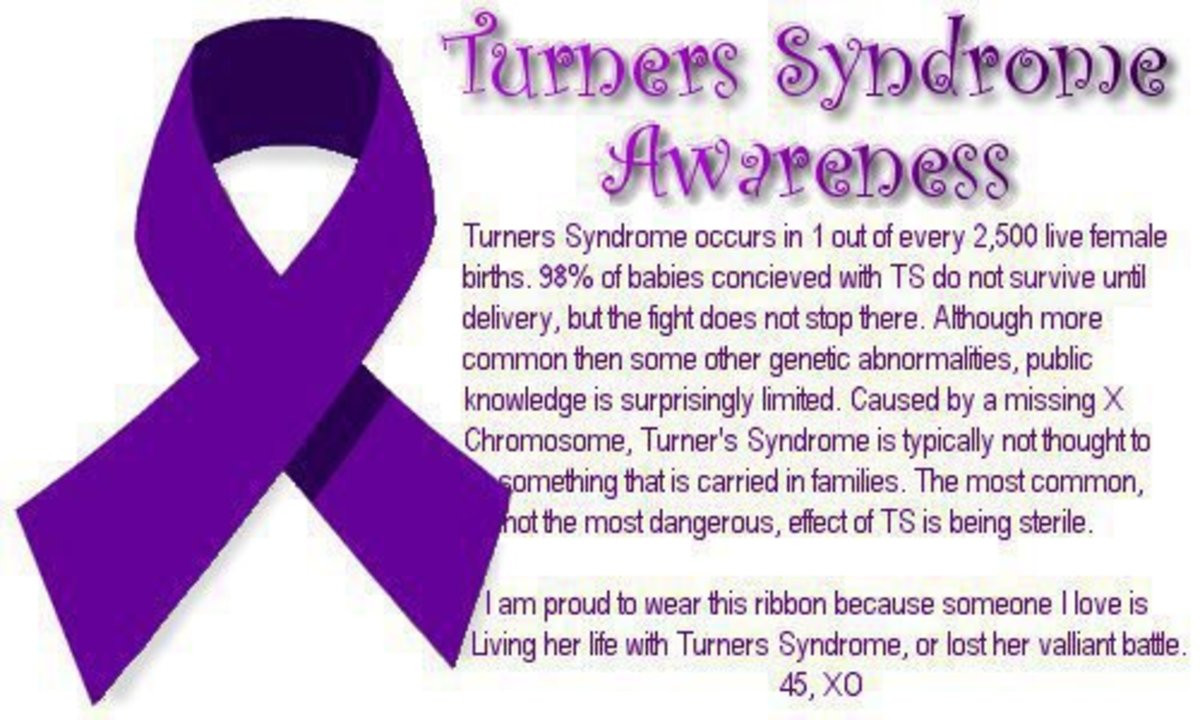What Epigenetics is and its Application in Medicine
Intuitively, epigenetics is a branch of the hugely extensive subject of genetics. More specifically, it is the study of heritable changes in gene expression or cellular phenotype which are caused by non-mutational modifications to the DNA i.e. the changes are due to mechanisms other than the sequence of nitrogenous bases in the DNA.
NB. To fully understand epigenetics, one must have an understanding of how proteins are synthesised in organisms.
Some of these mechanisms would be DNA methylation and also the methylation/phosphorylation/acetylation of histones. These mechanisms close up the protein-DNA complex; chromatin at various parts of DNA and so some genes become inaccessible for transcription and thus their proteins are not synthesised. These genes that are ‘turned off’ are said to have been ‘silenced’ and these epigenetic modifications can change with time and can vary from tissue to tissue.

A natural example of epigenetics would be the metamorphosis that occurs when a caterpillar changes into a butterfly. The DNA of the caterpillar and butterfly is completely identical – it is the same organism after all, but they have different epigenetic imprints which cause different genes to be expressed, hence the change in phenotype.
Another interesting example of epigenetics is seen in two different syndromes; Angelman Syndrome and Prader-willi syndrome. Both these syndromes are brought about by the deletion of the same part of chromosome fifteen, but the two syndromes have completely different symptoms. This is actually because in Angelman syndrome it is the maternal chromosome that is affected whereas in Prader-willi syndrome it is the paternal chromosome that is affected. This is because the maternal and paternal chromosomes are imprinted differently and so cause different genes to be silenced. So sufferers of both syndromes are missing genes to prevent the syndrome. This property is actually the basis of the diagnosis of each of these syndromes i.e. if the mother’s methylation pattern is missing, the person will have Angelman’s syndrome.
Cancer cells have an altered epigenome and the methylation patterns of histones on cancer cells change over time and can be used to monitor the progression of cancer and the effectiveness of treatment, another application of epigenetics. It is becoming apparent that a common drug to treat epilepsy: sodium valproate, can be used to fight cancer. It was observed that when valproate was taken during pregnancy the child was born with defects. It was discovered that valproate effects histone methylation which thus silenced some genes, causing these particular defects. In the same way, valproate is cytotoxic to cancer cells as it changes the methylation patterns on their DNA, which alters gene expression and can inhibit cell division.
This is just an introduction to a very vast topic. To gain a full understanding of the science behind this topic, and for more examples, definitely consider buying this book.








